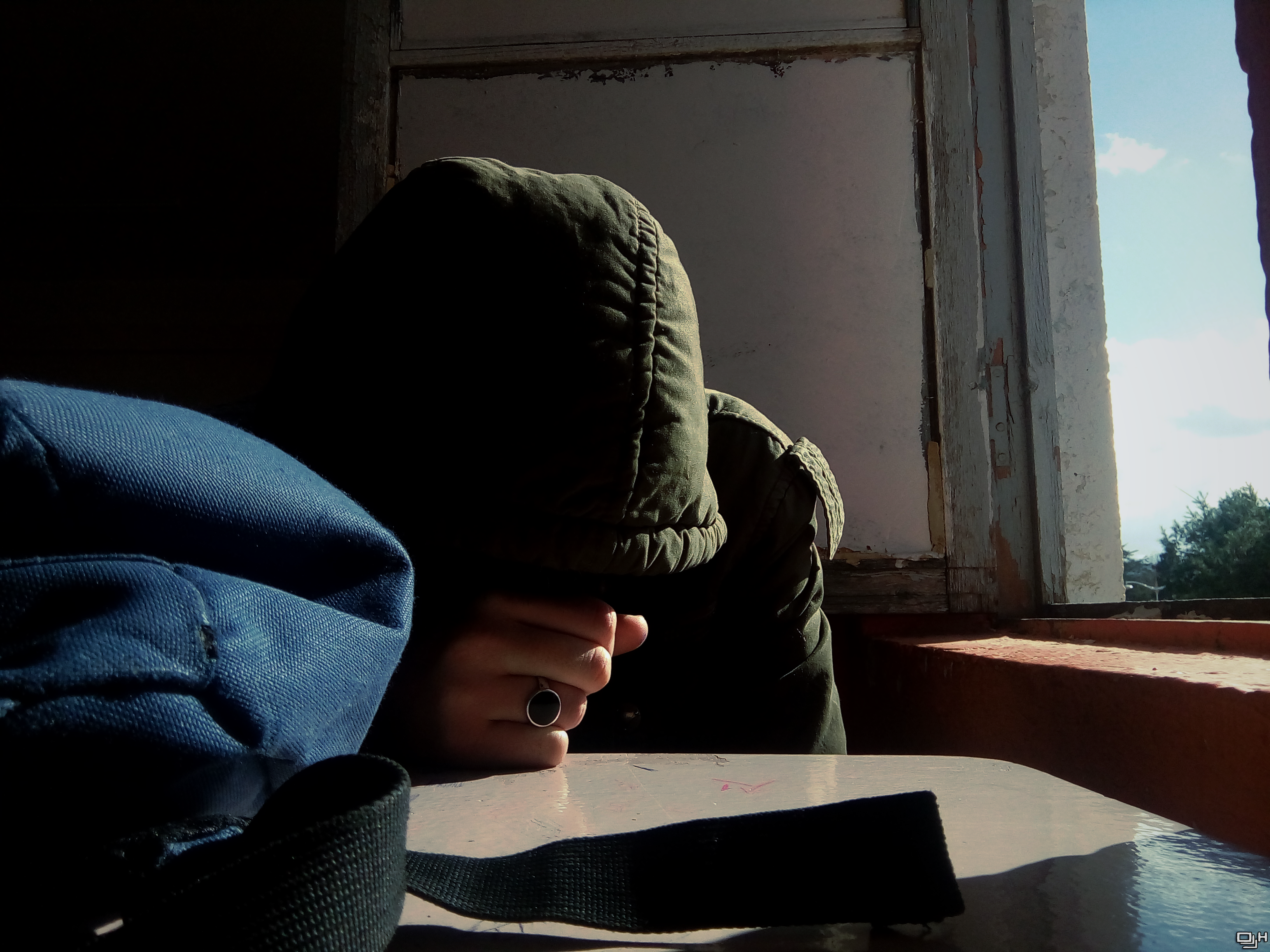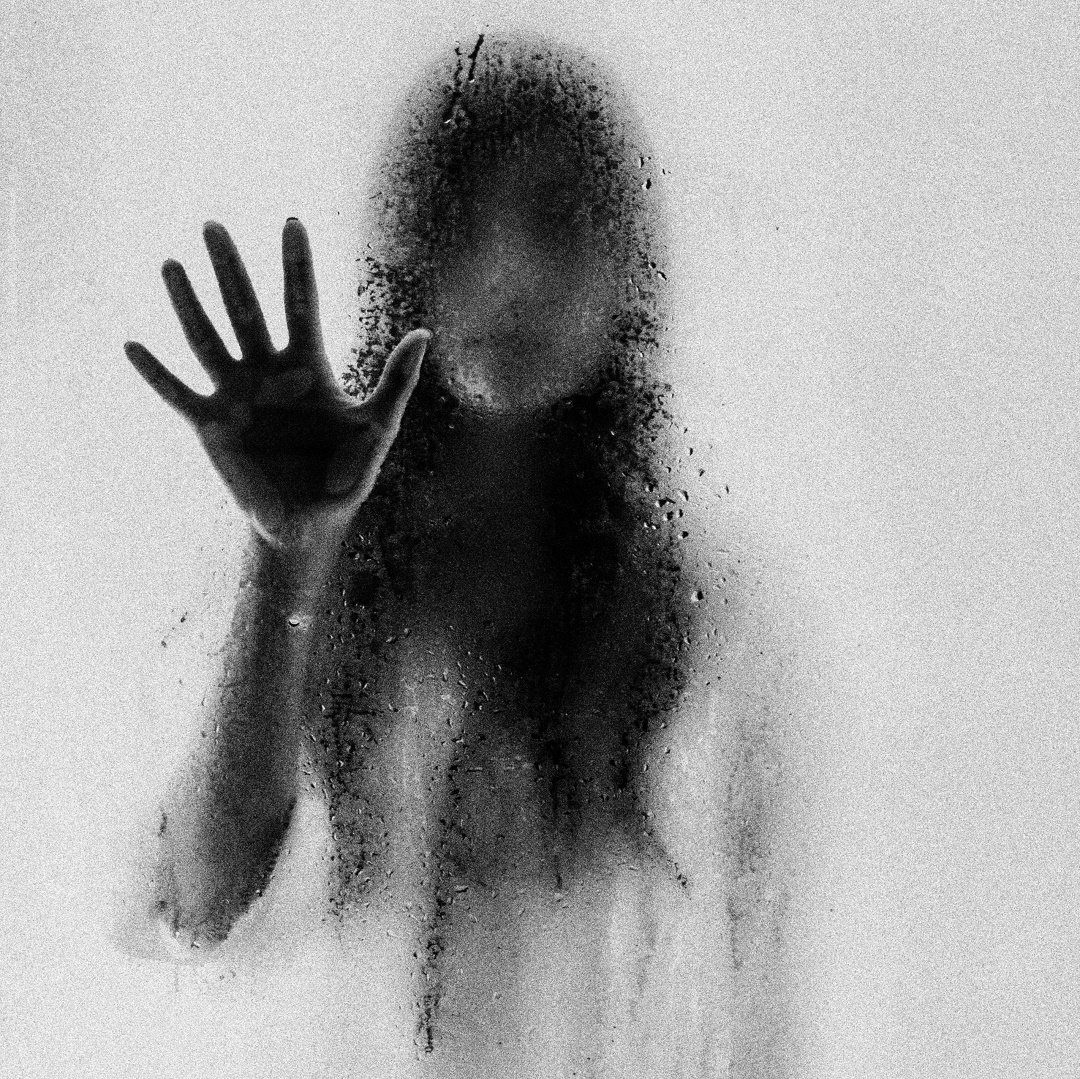15 Jun Psychological Trauma After Burn Injury – Part ll
Physically and mentally, major burn injuries can be very upsetting and distressing for the survivor, family members, and friends. While most burn survivors do well psychologically after surviving a major burn injury, and gradually progress toward a successful long term recovery, there are still a number of challenges that survivors must face in the aftermath of their injury.
 Any depression or anxiety existing before the burn injury increases the chances and severity of those symptoms after the injury. Psychological distress can occur several days or even several weeks after an injury. Common causes of psychological distress after burn injury include:
Any depression or anxiety existing before the burn injury increases the chances and severity of those symptoms after the injury. Psychological distress can occur several days or even several weeks after an injury. Common causes of psychological distress after burn injury include:
- Reliving the event – how the injury happened and watching others who were badly injured or killed
- Physical discomfort pain while the wound is healing; itching
- Worries about the future
- Changes in appearance because of scars and contractures
- Financial concerns
- The impact of the injury of family members
- Difficulty with physical therapy exercises and regaining range of motion
- Loss of independence and dependence on others
- Limitations in physical abilities
- Loss of lifestyle
- Interruption of daily life activities and roles
- Challenges with intimacy
 Burn survivors often report feeling: helpless, hopeless, sad, anxious, irritable, isolated, upset about needing help from others, jumpy, guarded, and alone. Even a physical reaction such as heart racing, trouble breathing or sweating, can occur when the patient is reminded of the injury.
Burn survivors often report feeling: helpless, hopeless, sad, anxious, irritable, isolated, upset about needing help from others, jumpy, guarded, and alone. Even a physical reaction such as heart racing, trouble breathing or sweating, can occur when the patient is reminded of the injury.
Burn survivors often have trouble falling asleep, and staying asleep, due to thoughts about the way they were injured and worry about additional bad things that might happen. Burn survivors will go to great lengths to avoid thinking or talking about the injury and how it happened. In addition, they will avoid situations that remind them of the accident.
Psychological distress affects the way the mind works and the ways the body functions. This distress can worsen any preexisting medical conditions and can impede recovery from the burn in a number of ways by:
- Intensifying pain and itching
- Reducing diligence in participating in rehabilitation therapies and wound care
- Minimizing interest and joy in daily activities
- Interrupting sleep
- Making communication with others difficult
It is imperative for burn survivors to keep their medical team apprised of any and all challenges in their emotional recovery. Like sharing any problem, consulting with professionals and other survivors can relieve psychological distress. Burn survivors need to treat their recovery process slowly and carefully. It takes a while for anyone to accept an injury and the changes it has made to their life. Staying connected with friends and family is vital as is asking for support. Treatment suggestions include the following:
- Avoid napping during the day and focus on getting adequate sleep at night
- Eat healthy foods
- Keep active and exercise regularly
- Avoid tobacco, alcohol and illicit drugs all of which create anxiety and alter mood
- Focus on tasks that can be done now instead of on those that are currently not possible due to the injury
- Resume a normal routine as soon as possible
- Participate in one enjoyable, positive activity daily
- Do all the things enjoyed before the injury once medically cleared to do so
 Support from peers can be very helpful. Get support from professionally led support groups, and participate in scheduled on-line discussions. Get help from other survivors. Health care providers can help identify these resources.
Support from peers can be very helpful. Get support from professionally led support groups, and participate in scheduled on-line discussions. Get help from other survivors. Health care providers can help identify these resources.
Burn survivors should seek professional help if their distress is severe and interferes with their quality of life. Psychiatrists, psychologists, and social workers who have experience in treating people with severe burn injuries may be very helpful. Some of the methods they may use to help alleviate distress include: cognitive behavioral therapy (CBT), stress management, coping strategies, and communication skills. Medications may be used to treat depression, anxiety and sleep disorders.
Burn survivors may endure unimaginable physical and emotional trauma with long-term consequences. You can’t always see the horrible psychological damage caused by a severe burn injury, but it is every bit as real and damaging as the physical manifestations. It is vital for the injured person to know that civil law exists to compensate an individual for injuries and losses which were caused by some other form of misconduct or failure to act.
Persons who are injured in accidents and their families are often reluctant to contact an attorney because they believe the accident or injury was caused by the injured individual in some way. This may not be the case. Even if the injured individual is partially at fault, it is still possible that more than one person or entity may have contributed to the cause of the accident or injury and a substantial monetary recovery is still possible.
Anyone who has sustained a serious burn injury should consult with an attorney experienced in this area of the law as soon as possible to determine whether a Personal Injury claim should be pursued. It is up to you, the burn survivor, to pursue your legal rights by choosing an attorney with all the qualifications, expertise, and a winning track record on behalf of burn survivors and their families.
For more information about burn injuries please visit our website, www.burnsurvivor.com.
To contact attorney Robert A Brenner directly call 800-669-7700 or email [email protected]
To learn more about attorney Robert A Brenner, please visit his website www.brennerlaw.com
